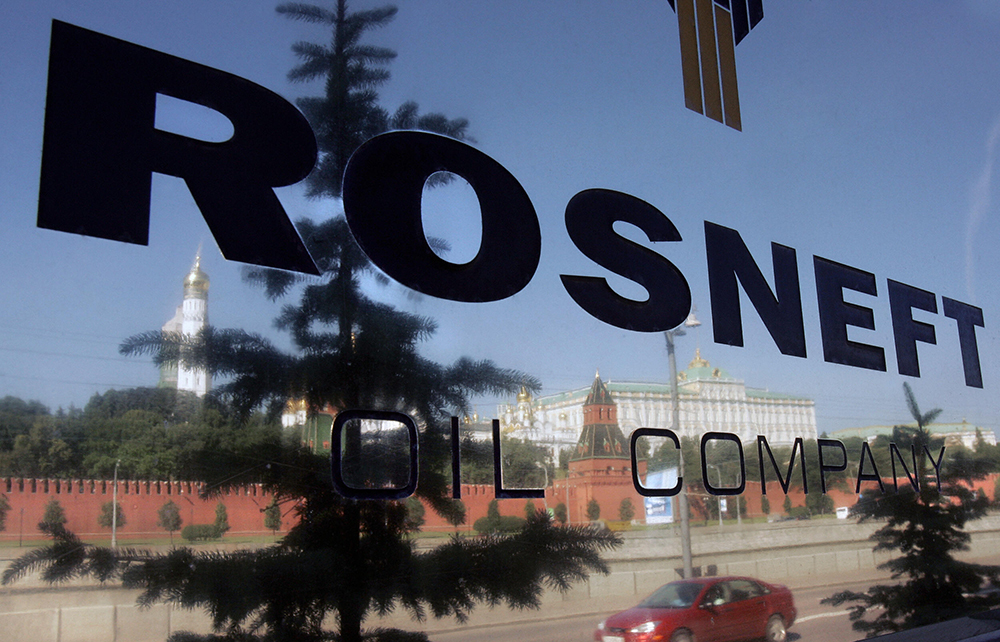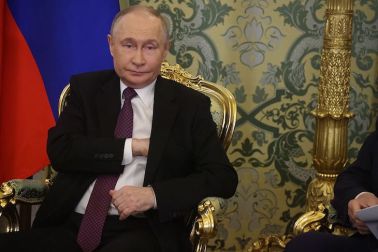Will a price cap on Russian oil sales be a winning move in the Ukraine war? Since the invasion began, Russia has continued exporting crude and refined oil products at barely less than pre-war volumes and at rising prices that have replenished Putin’s coffers. From this week, however, the EU and G7 have imposed a ban on seaborne Russian crude imports and a $60-per-barrel price cap to be enforced by banning western shipping and insurance firms from handling Russian shipments sold above the price cap.
But as I write, $60 is actually the market price of Urals crude – which has lately been trading at 25 per cent below Brent crude – so the cap won’t make much immediate difference to Moscow. Hence President Zelensky of Ukraine calls it a ‘weak’ measure, while stories abound of Russia buying up a ‘shadow fleet’ of up to 100 elderly oil tankers that will continue carrying its oil to India, China, Turkey and elsewhere without the benefit of Lloyd’s of London insurance.
The truth appears to be that the new scheme is deliberately weak. It’s a show of EU-G7 solidarity that might put a dent in Russian revenues and might make a marginal difference to western inflation by setting an oil-price benchmark, but it has been designed not to reduce global oil flows overall, which would drive barrel prices upwards despite reduced demand as recession sets in.
The Kremlin’s response so far is to say it won’t sell oil to any countries that abide by the price cap. But Putin could go much further: for the deranged and isolated Russian autocrat, restriction of energy supplies, by ship or pipeline, at whatever cost to his own treasury and people, is still the best non-nuclear weapon he has against his perceived western enemies. An oil price cap may turn out to be no more effective than poking a mad dog with a stick.
Diamond rush
When Credit Suisse, the Swiss bank whose troubles I’ve been chronicling all year, announced as part of a last-ditch ‘de-risking’ plan that it intends to spin out its investment banking arm under the revived name of ‘CS First Boston’, opinion divided as to whether that was a brilliant wheeze or a sad one.









Comments
Join the debate for just £1 a month
Be part of the conversation with other Spectator readers by getting your first three months for £3.
UNLOCK ACCESS Just £1 a monthAlready a subscriber? Log in